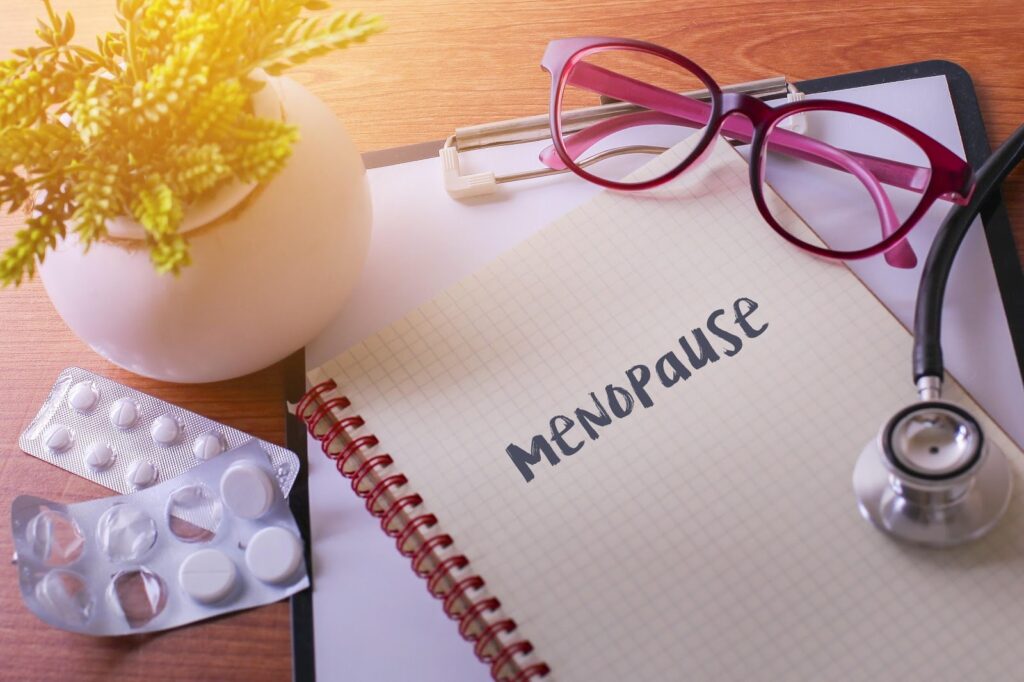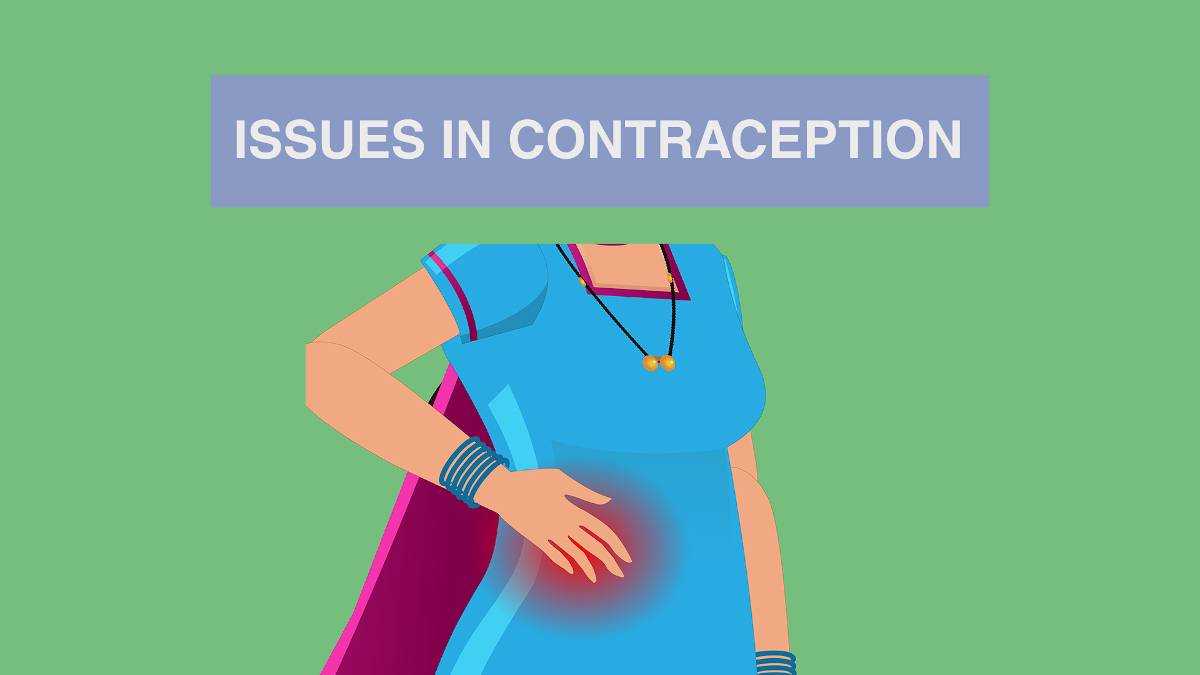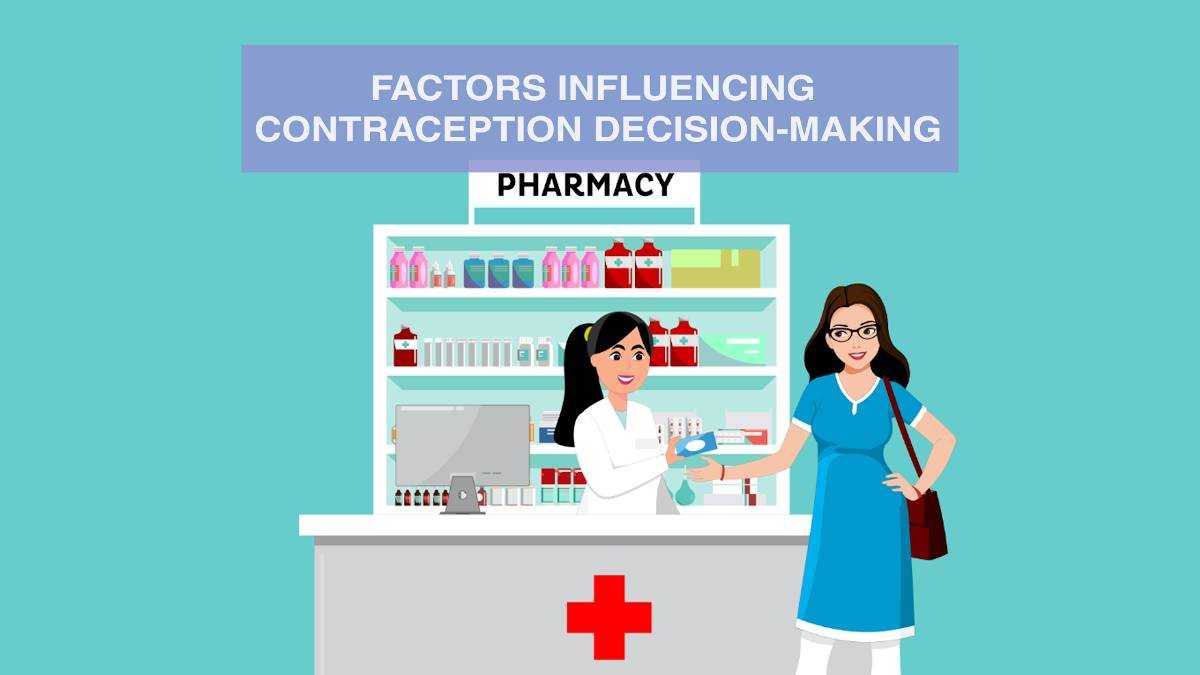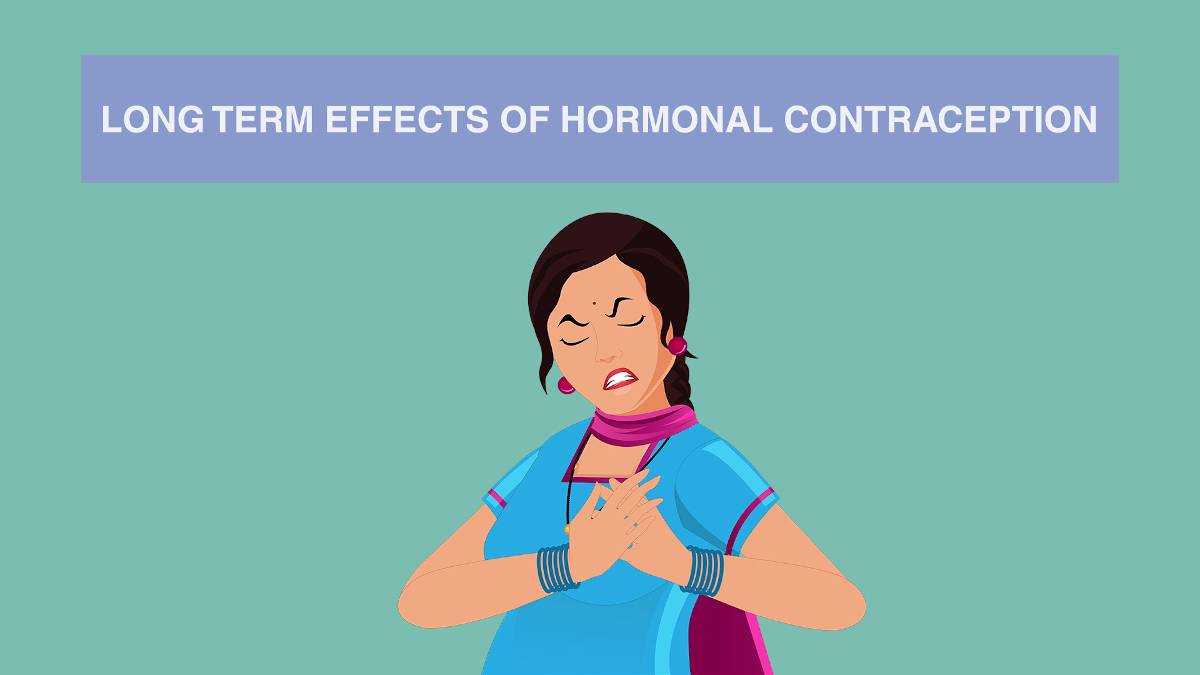Women continue to be at risk of spontaneous pregnancies until much later.
How to identify when contraception is no longer required around menopause?
The risks in becoming pregnant at an advanced reproductive age are higher in terms of complications, such as hemorrhage, venous thromboembolism, and death, and fetal complications, like spontaneous abortion, stillbirth, and congenital anomalies. Hence, it is important to be really sure when to stop contraceptives to avoid unplanned pregnancies.

The exact age at which a woman can no longer become naturally pregnant is not known and differs from woman to woman until menopause is reached. The age of menopause also varies with the median age being approximately 51 years, though it can range from ages 40 to 60 years.

What is menopause?
Menopause is the natural cessation, or stopping, of a woman’s menstrual cycle and periods, and marks the end of fertility. The clinical diagnosis of menopause is made retrospectively after 1 year of amenorrhoea, which is the absence of menstruation.
Though most women do not require measurement of their serum hormone levels to make the diagnosis, the post-menopause condition is characterized by low levels of serum estradiol and raised levels of FSH (follicle-stimulating hormone) and LH (luteinizing hormone). As a general guide, a serum FSH level >30 IU/L indicates a degree of ovarian insufficiency, but not necessarily sterility.
Menopause is preceded by a phase known as perimenopause, which is a time of fluctuating hormone levels. The average duration of perimenopause is around 4 years but this can again vary greatly. During perimenopause, the menstrual pattern is erratic due to variable ovarian function.
When is it safe to stop contraception?
- Women aged ≥50 years who are using a non-hormonal method can be advised to stop their contraceptive method after 12 months of amenorrhoea, whereas those aged <50 years are advised to wait for 24 months.
- Women using an estrogen-containing method or DMPA (Depot medroxyprogesterone acetate) are generally advised to stop or switch to a non-hormonal or progestogen-only method when they are around 50 years old, because of its possible side effects on the bone density and lipids.
- Contraceptive methods of POP (progestogen-only pill), implant, or LNG-IUD can be continued to be used until menopause is reached.
- In women who use progestogen-only methods, amenorrhoea is not a reliable indicator of menopause. It is recommended that follicle-stimulating hormone levels be measured on two occasions that are at least six weeks apart. Incase on both occasions the tests show an FSH level of ≥30 IU/L then contraception is only required for another 12 months.
- It is also to be noted that sexually transmitted infections are increasing in the over 40’s and sexual health advice and condom use, even when over the age of requiring contraception, should be encouraged.
- When women develop conditions like hypertension, hyperthyroidism, diabetes, or any other medical condition, it is better to stop contraception.
Conclusion
While there is no one definitive age and medical test to identify when contraception should be stopped, it is safe to recommend using some method of contraception till menopause is reached to avoid any unwanted pregnancies or health complications. It also comes down ultimately to a woman’s decision to stop contraception when fertility is low as it is a personal and individual decision. While menopause can be assumed in the majority of women at 55 years of age, caution is needed for women with a family history of late menopause or an absence of menopausal symptoms. Women in advanced reproductive age should consult with doctors for the right advice on contraception methods and when to stop contraception and then make an informed choice.
Special thanks to Dr. Ritu Joshi (MS Gyn & OBSTET) for the expert advice.








